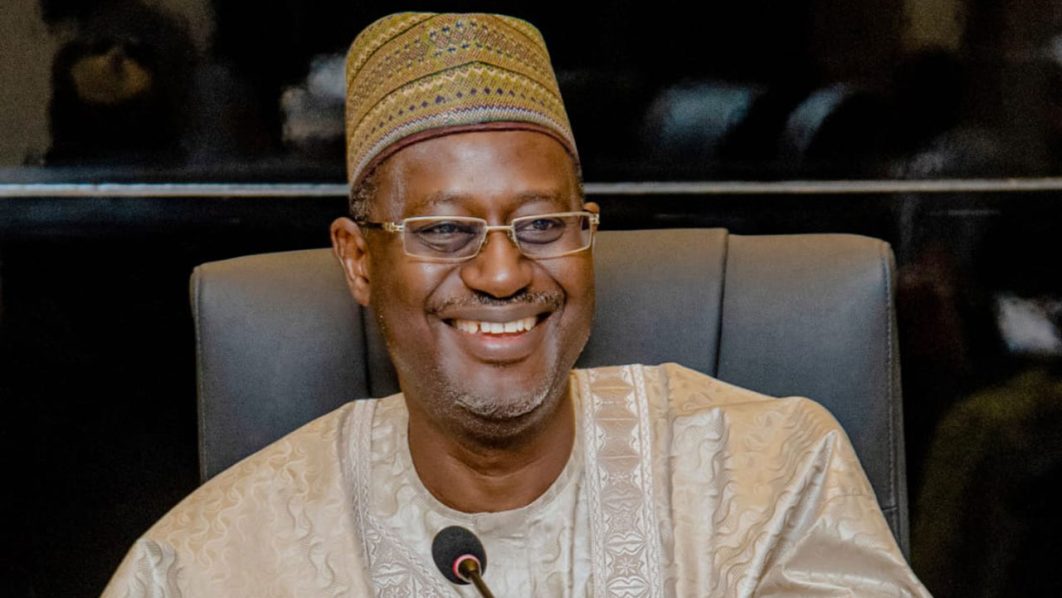
Minister of Housing and Urban Development, Ahmed Dangiwa, has said that urban centres contribute at least 27 per cent of carbon emissions, with energy, transport, and industry as the main contributors to the climate change crisis in Nigeria.
Dangiwa, who stated this during the 2024 National Conference of Directors and Heads of Town Planning Organisations organised by the Federal Ministry of Housing and Urban Development in Akure, Ondo State, said that cities were not only growing but also contributing to environmental challenges, including increased carbon emissions and inadequate waste management systems.
“We must act now to address these challenges if we are to build sustainable and livable cities. Town planners must champion the development of inclusive and sustainable cities that promote economic growth and resilience,” he said.
The minister lauded the theme of this year’s conference, ” Effective Physical Planning as a Panacea for Integrated and Sustainable Urban Development in Nigeria,” saying that it aligns with the Renewed Hope Agenda of President Bola Tinubu, which seeks to build equitable cities across the country.
Dangiwa further said that the ministry had concluded plans to carry out a comprehensive review of the 2012 National Urban Development Policy, as well as the development of a National Policy on Rural Settlement Planning and a National Physical Development Plan aimed at promoting integrated and sustainable urban development.
He, therefore, urged the participants to embrace innovative approaches to physical planning and urban governance, stressing that effective planning is key to creating cities that are resilient, productive, and capable of driving economic growth.
He also challenged the participants to identify and address the systemic issues that hinder Nigeria’s urban development. On his part, Governor Lucky Aiyedatiwa, who was represented by the state’s Commissioner of Physical Planning and Urban Development, Gbenga Olaniyi, stated that concerted and collaborative efforts are needed to combat challenges in Nigerian cities, saying that the state, as a case study, has taken deliberate measures for effective waste management and development of master plans for major cities as modalities to ensure a healthy environment. He emphasised the urgency of addressing the challenges of unplanned urban sprawl, inadequate infrastructure, and environmental sustainability.
Also, Chairman, House of Representatives Committee on Planning and Regional Development, Dr Abiante Awaji, described the theme of the conference as apt and in line with providing a healthy environment.






